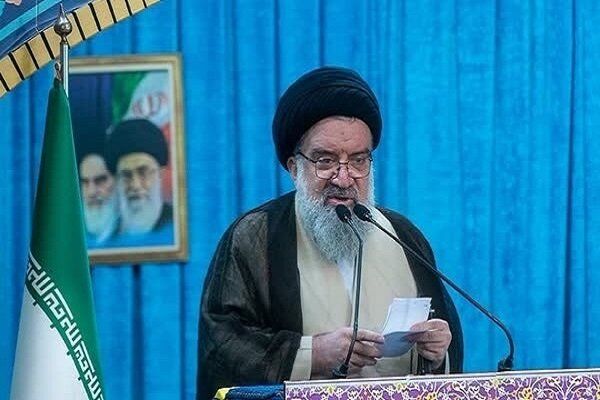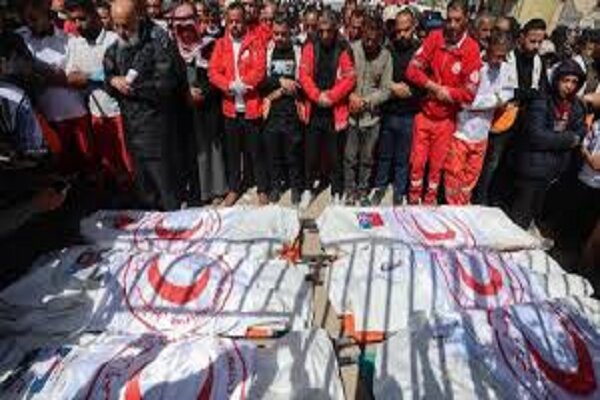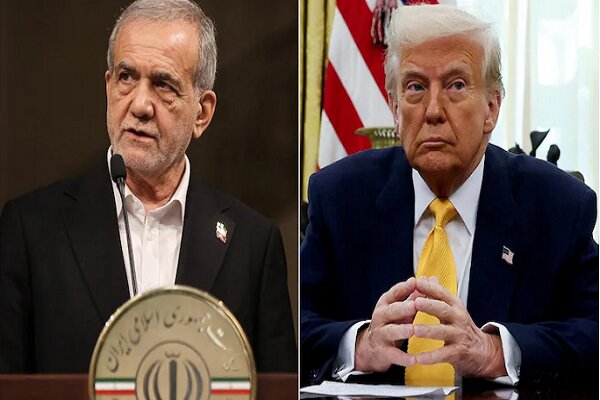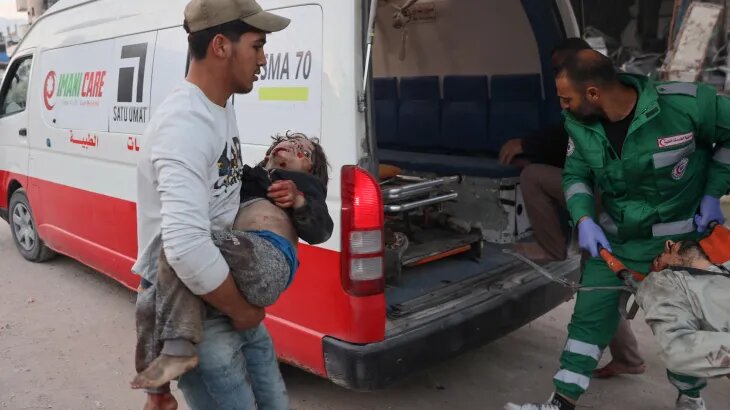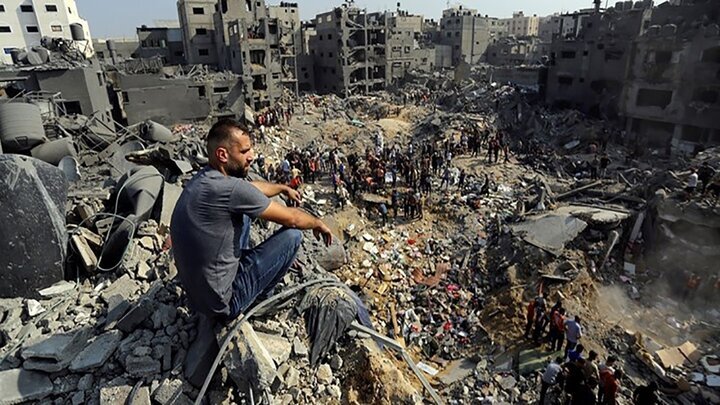Hezbollah Slams Israel’s ‘Blatant Aggression’ as Dangerous Violation of Sovereignty
In a recent escalation of violence, two individuals lost their lives due to an Israeli strike in Lebanon’s Bekaa Valley. This incident highlights ongoing tensions in the region, particularly between Israel and Hezbollah. The Lebanese health ministry reported the fatalities, which occurred after the Israeli military targeted several Hezbollah sites during a nighttime operation.
The Israeli army released a statement claiming the operation focused on key Hezbollah facilities. They stated that the targets included:
- A facility purportedly used for underground weapons development
- An installation linked to arms smuggling activities from Syria into Lebanon
Despite these assertions, the Israeli military has not provided any concrete evidence to substantiate their claims. This lack of transparency raises questions about the legitimacy of the strikes and the overall strategy employed by the Israeli forces.
In response to the airstrikes, Hezbollah official Ibrahim Moussawi voiced strong condemnation. He characterized the actions as “a very dangerous violation and a blatant and explicit aggression,” urging the Lebanese government to take measures to prevent further Israeli attacks. Moussawi’s statements reflect the heightened tensions in the region and the potential for increased conflict.
The recent strikes mark a continuation of Israeli military operations in Lebanon, occurring despite a ceasefire agreement that was established in late November. This agreement was intended to bring an end to over a year of hostilities between Israel and Hezbollah, yet the recent incidents indicate that peace remains fragile.
Key points to understand about this situation include:
- The Israeli military’s claims of targeting Hezbollah facilities.
- The Lebanese health ministry’s confirmation of casualties resulting from the strikes.
- Hezbollah’s condemnation of the air raids as aggression against Lebanon.
- The ongoing tensions despite a ceasefire agreement established in November.
This cycle of violence not only affects the immediate region but also has broader implications for stability in the Middle East. The relationship between Israel and Hezbollah has been fraught with conflict, and the potential for further escalation remains a significant concern for both local and international observers.
As the situation develops, it is crucial for the international community to monitor these events closely. The role of regional powers and global diplomatic efforts could be pivotal in either escalating or de-escalating the tensions. The ongoing conflict poses risks not only to the parties directly involved but also to civilians caught in the crossfire.
Both Israel and Hezbollah must navigate this complex landscape carefully. Failure to do so could lead to further violence and destabilization of an already volatile region. As peace efforts continue, the focus should remain on dialogue and conflict resolution to prevent future confrontations.
In summary, the recent Israeli strike in Lebanon’s Bekaa Valley has resulted in tragic loss of life and underscores the persistent tensions between Israel and Hezbollah. While both sides have their narratives, the need for a peaceful resolution is more critical than ever. It is essential for all parties involved to engage in constructive dialogue and seek diplomatic solutions to avoid further escalation of hostilities in the area.

